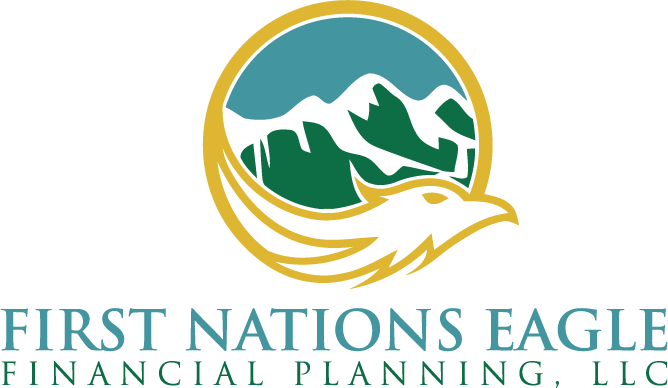
Resources
First Nations Eagle believes it is in the clients’ best interest to be well informed about financial planning. With that in mind, we’ve provided you with links to these respected industry websites. Each has valuable tools and insight to familiarize you with the financial planning process.
The mission of Certified Financial Planner Board of Standards, Inc. (CFP Board) is to benefit the public by granting the CFP® certification and upholding it as the recognized standard of excellence for personal financial planning. They are dedicated to helping people benefit from competent, professional and ethical financial planning.
FINRA is the largest independent regulator for all securities firms doing business in the United States. They oversee nearly 4,500 brokerage firms, 163,470 branch offices and 634,385 registered securities representatives. Their chief role is to protect investors by maintaining the fairness of the U.S. capital markets.
The U.S. Securities and Exchange Commission is to protect investors, maintain fair, orderly, and efficient markets, and facilitate capital formation.
The Federal Trade Commission is the nation’s consumer protection agency. The FTC’s Bureau of Consumer Protection works for The Consumer to prevent fraud, deception, and unfair business practices in the marketplace.
Social Security delivers a broad range of services online at socialsecurity.gov and through a nationwide network of over 1,400 offices that include regional offices, field offices, card centers, teleservice centers, processing centers, hearing offices, the Appeals Council, and our State and territorial partners, the Disability Determination Services.
Internet guide to Funding College and Section 529 College Saving Plans.
Saving early – and often – is critical as college costs continue to climb across the country. In fact, tuition increases actually outpace housing, energy, and healthcare expenses over the past twenty years! Currently, the cost of a college education at a public four–year college averages approximately $8,250 a year for in-state students; $28,500 annually at private schools; and nearly $3,000 a year at two-year colleges. Keep in mind; these charges are just for tuition and fees! They don’t include money for textbooks, food or lodging.
PLEASE NOTE: The information being provided is strictly as a courtesy. When you click on a link to any of the Websites provided here, you are leaving our site. We make no representation as to the completeness or accuracy of information provided at these Websites. Nor is the company liable for any direct or indirect technical or system issues or any consequences arising out of your access to or your use of third-party technologies, Websites, information, and programs made available through our site. When you access one of these Websites, you are leaving our Website and assume total responsibility and risk for your use of the Websites you are linking to.
